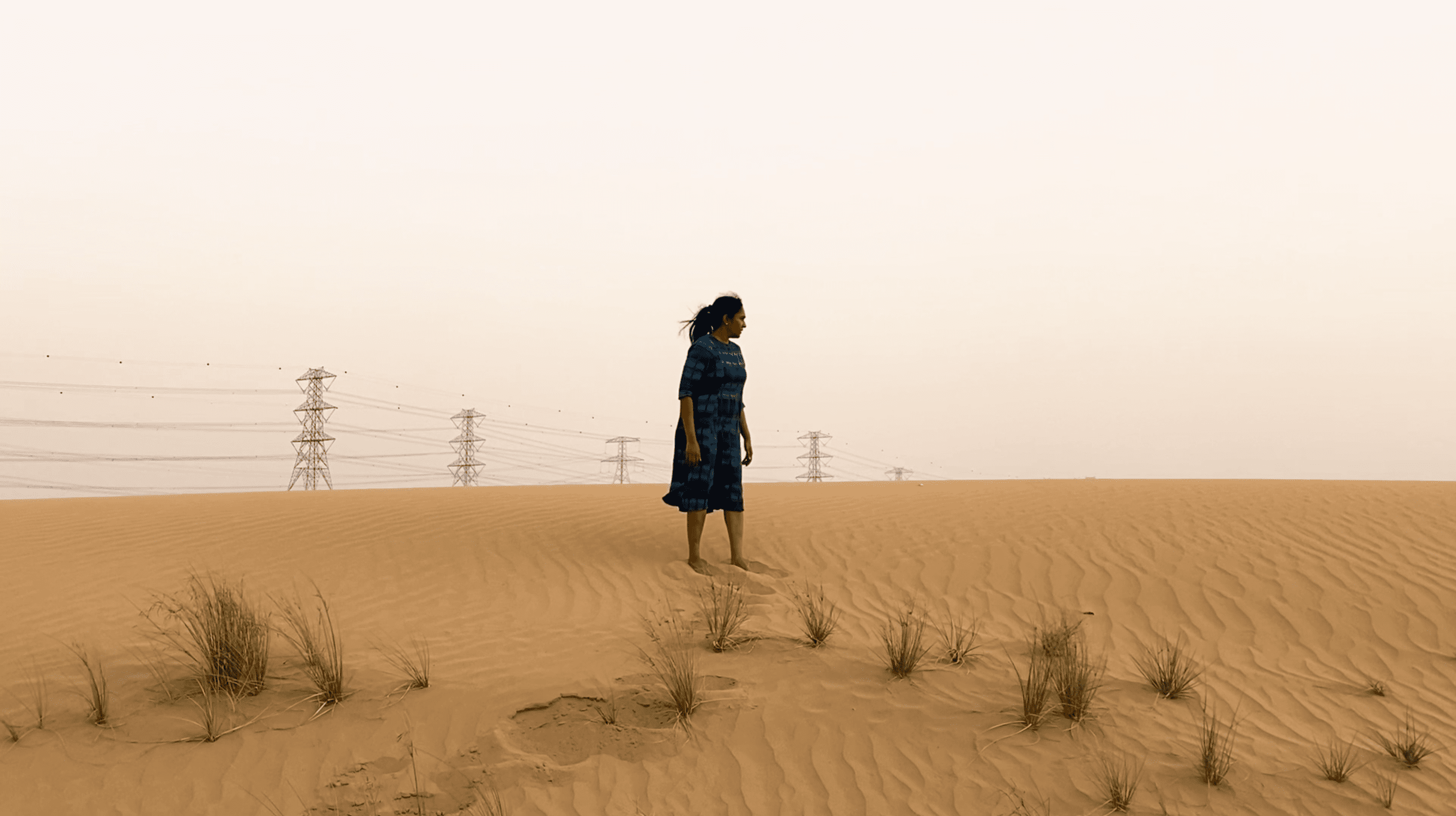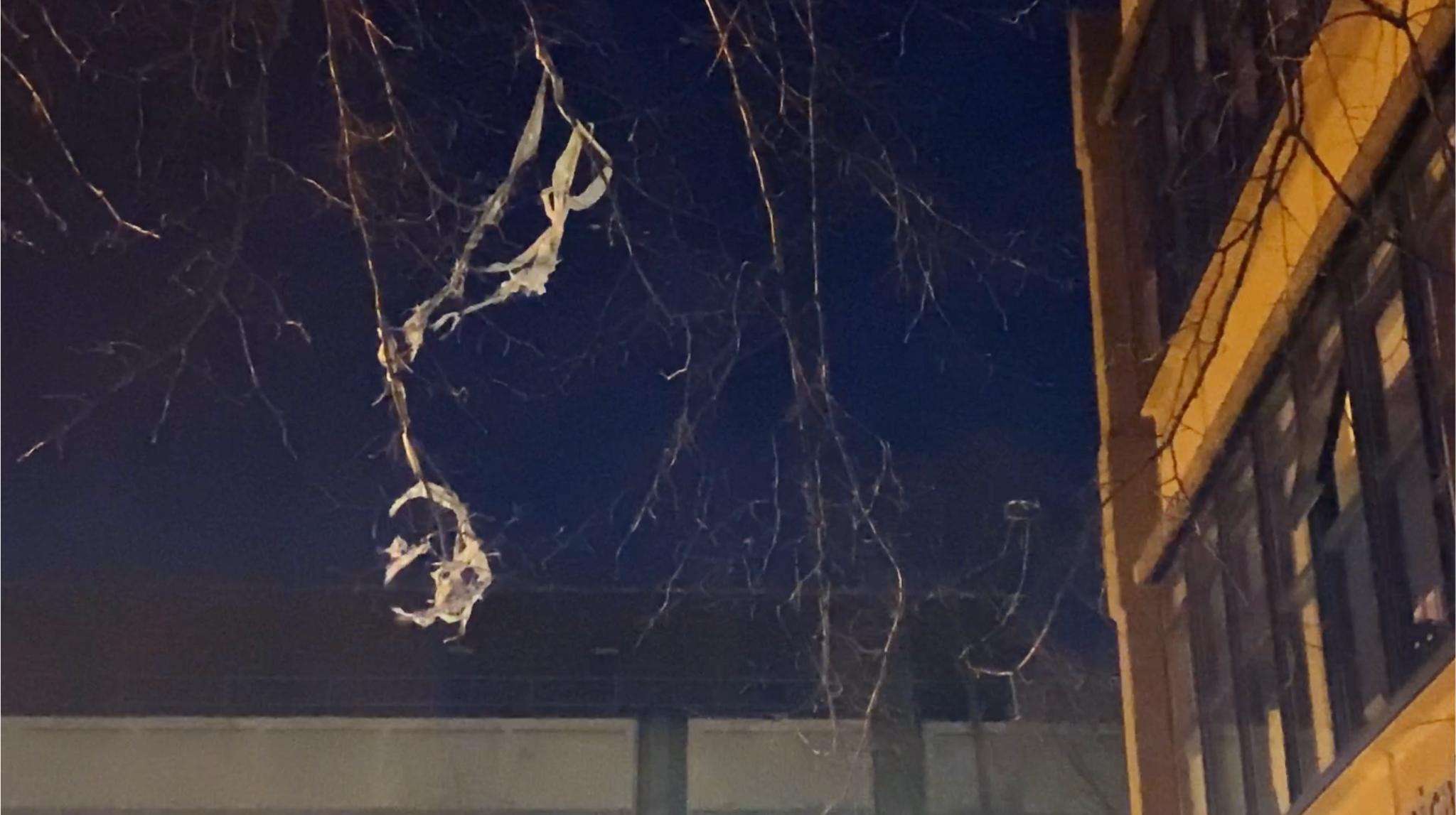
Diya Sanjeev
I am an Indian artist, born and brought up in Dubai, UAE, and now working the UK. I make films that explore themes of home and the self.

I am an Indian artist, born and brought up in Dubai, UAE, and now working the UK. I make films that explore themes of home and the self.

My practice centers around my desire to understand the meaning of home and its role in the creation of one’s sense of self. I create films using video and audio recordings I capture on a day-to-day basis along with archival footage in the pursuit of forging feelings of longing, contemplation, nostalgia, and so on.
I have an oscillating relationship with different “homes” in my life as an Indian citizen who grew up in the UAE and now lives in the UK. When I lived in the Dubai, I called India my “home” and now I live in the UK calling Dubai my “home”. Is it all transitory? More interestingly, is it my evolving sense of self that is changing what I view as my home, or is my dispersed home scattering my notion of self? These are the questions I am trying to answer through my work.
I have developed a regular practice of observation and recording (audio and video) of my environments; this includes everything from nature to snippets of conversations, to pieces of music, significant places, or insignificant things – anything that catches my attention. These vignettes of my life become the pieces that I can weave into a narrative on the editing table. It is at the editing stage that I find thematic or narrative links between these visuals and audios, thereby forming groups that become threads to interweave. Thus, through the discipline of film, I attempt to conjure a reflection of my notion of self and home.


Choir Of Selves (2024) is a film that shows the sense of calm that can be found in a liminal place between an old and new home – between an old and new self. The narrative travels from Dubai to Loughborough and back through memories and daydreams, always returning to the peace of the in-between, where all versions of the self-collide.
Anthara (2024) is a musical film that dives into the world of video calling and long-distance relationships – families and selves that stay together on screens and in memories alone. ‘Anthara’ or अंतरा (in Hindi) refers to the inner part of something or, quite interestingly, it also means distance. This duality of an internal exploration of self as it deals with various distances, physical and mental, is what makes the film. The song ‘Koi Ladki Hai’ from the Indian film Dil Toh Pagal Hai (1997) plays a key role in tying together the film, which brings forth yet another meaning of the word अंतरा in the context of music, where it denotes second verse of a song.